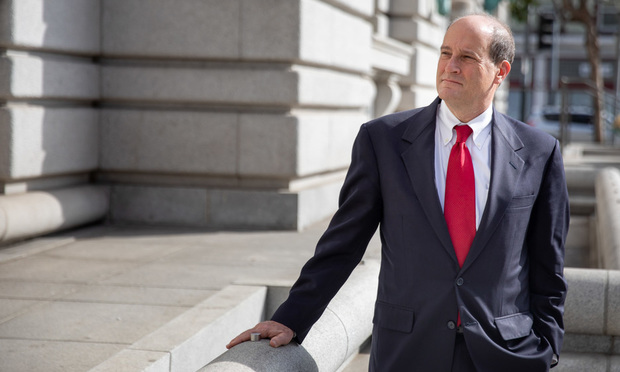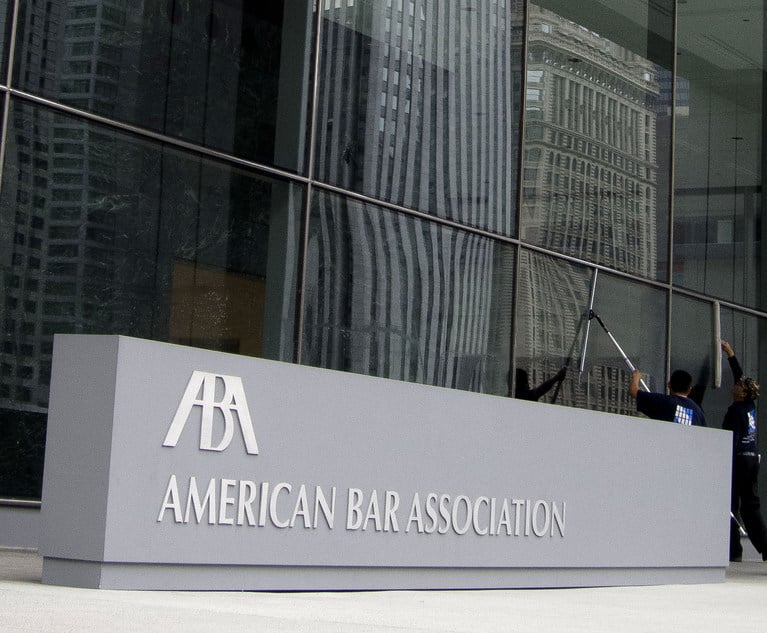When most of the U.S. Court of Appeals for the D.C. Circuit hears arguments April 28 in a pair of U.S. House lawsuits, the judges may well be preparing to give the definitive answer on whether the chamber has the authority to sue executive branch officials.
The lawsuits over President Donald Trump’s diversion of military funds for border wall construction and testimony from former White House counsel Donald McGahn initially captured attention over different legal questions they raised: Whether Congress is the only body that can appropriate funds, even under a national emergency declaration, and if an ex-White House official has “absolute immunity” from testifying before lawmakers, as Trump has claimed for McGahn.


 Douglas Letter, general counsel to the U.S. House of Representatives. Photo: Jason Doiy/ALM
Douglas Letter, general counsel to the U.S. House of Representatives. Photo: Jason Doiy/ALM






